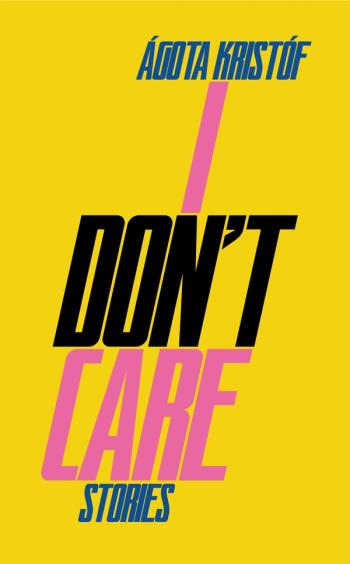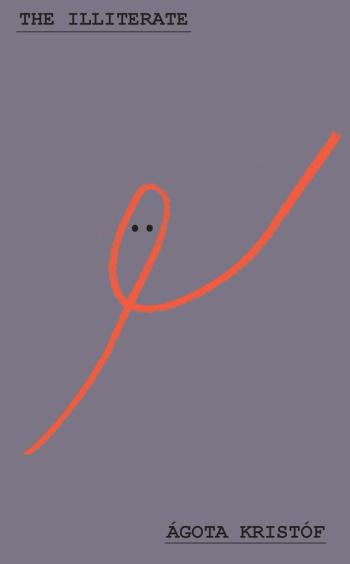As author
Ágota Kristóf
Ágota Kristóf was born in Csikvánd, Hungary, in 1935. Aged twenty-one, Kristóf and her husband and four-month-old daughter fled the Soviet repression of the Hungarian Uprising to Austria and were resettled in French-speaking Switzerland. Working in a factory, Kristóf slowly learned the language of her adopted country. Her first novel, The Notebook (1986), won the European Prize for French literature and was translated into forty languages. Kristóf’s other work included plays and stories as well as The Proof (1988) and The Third Lie (1991), which complete the trilogy begun with The Notebook. She died in 2011.

